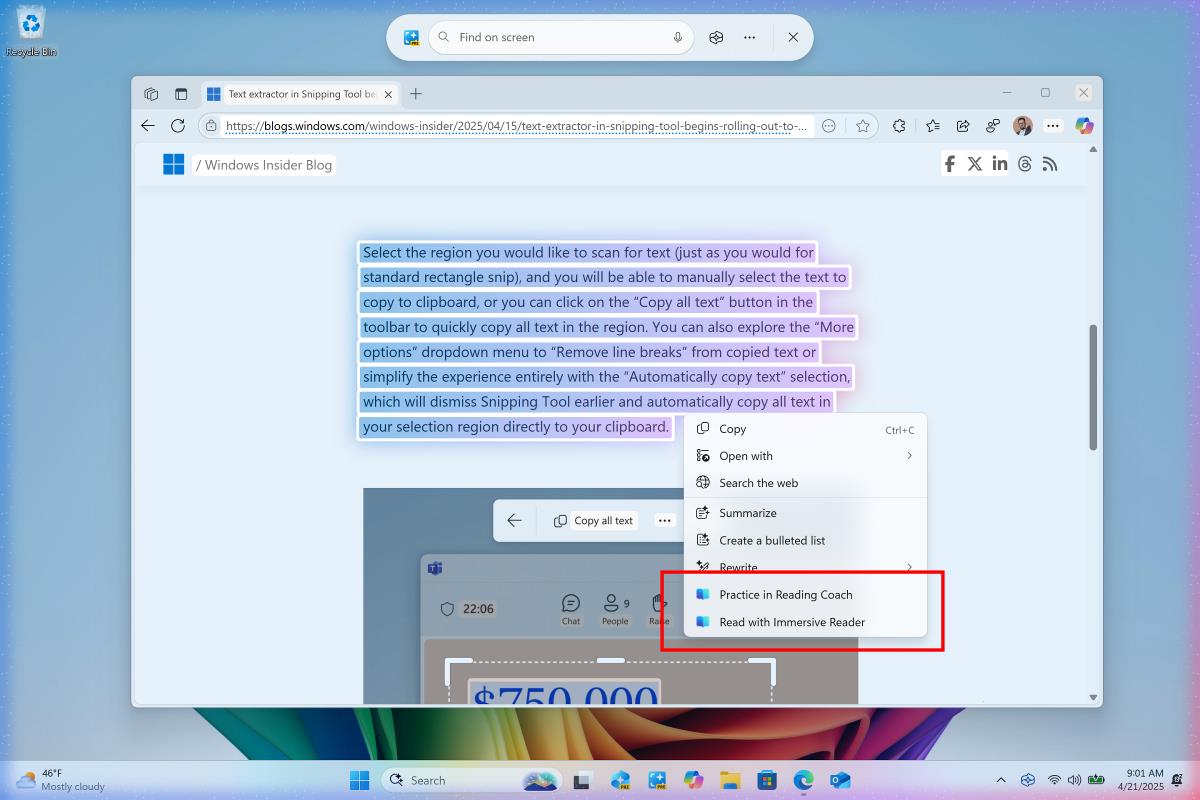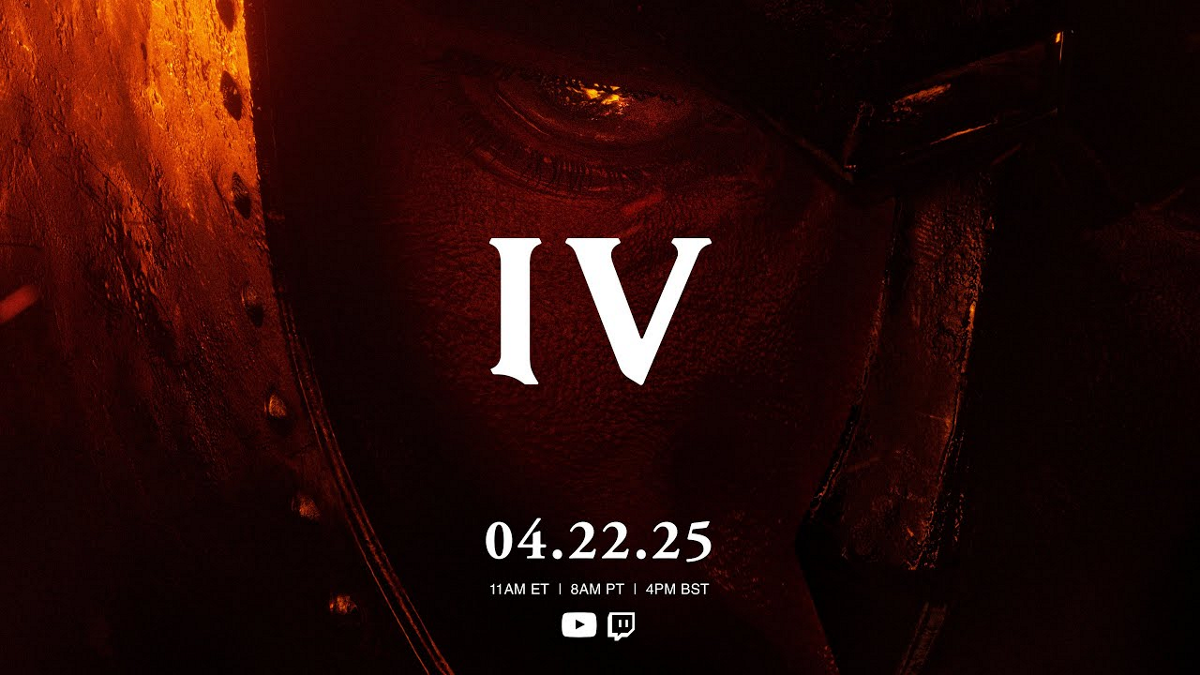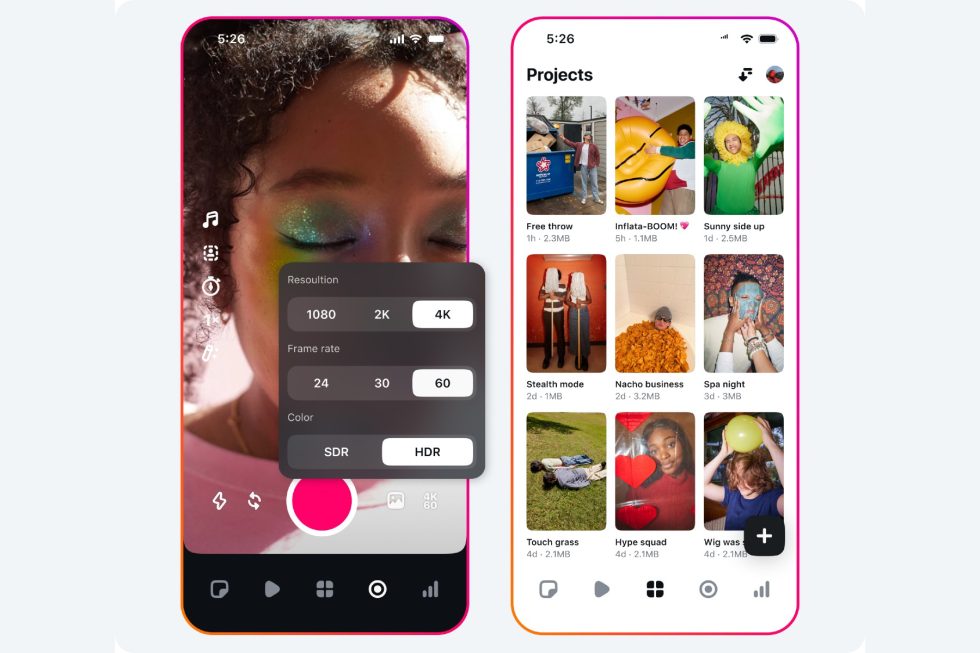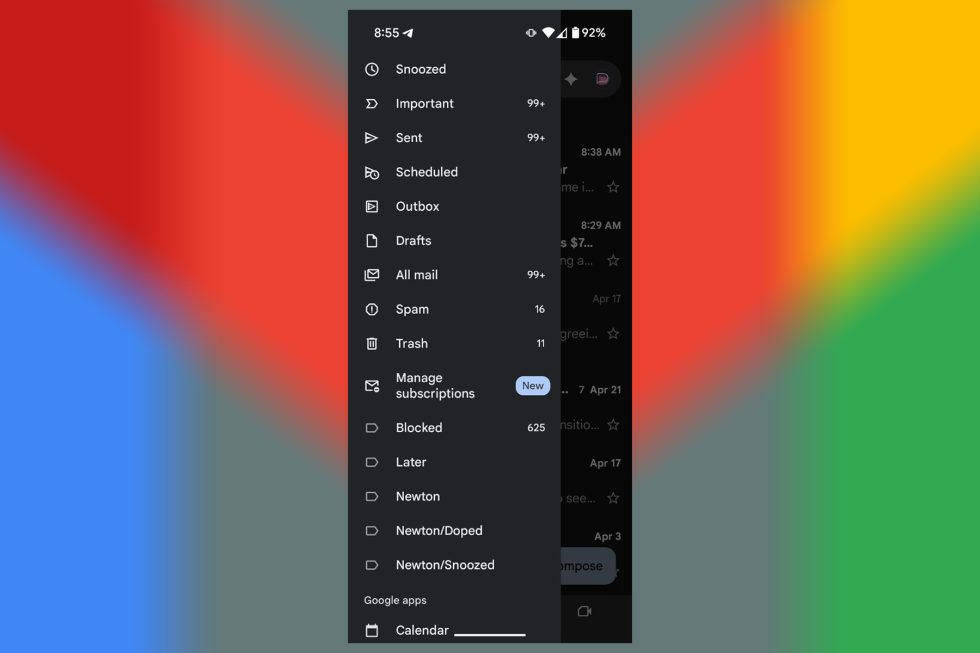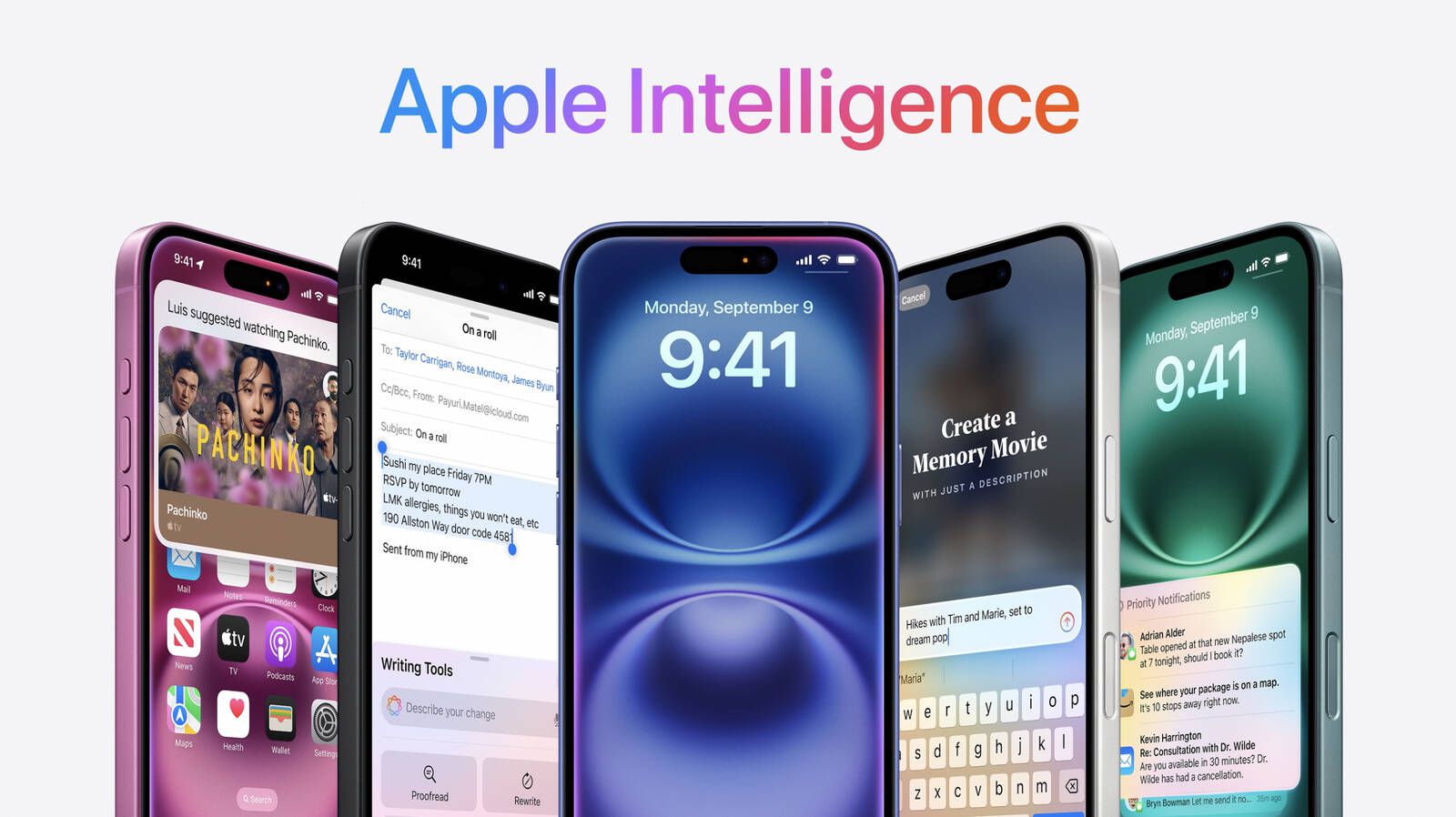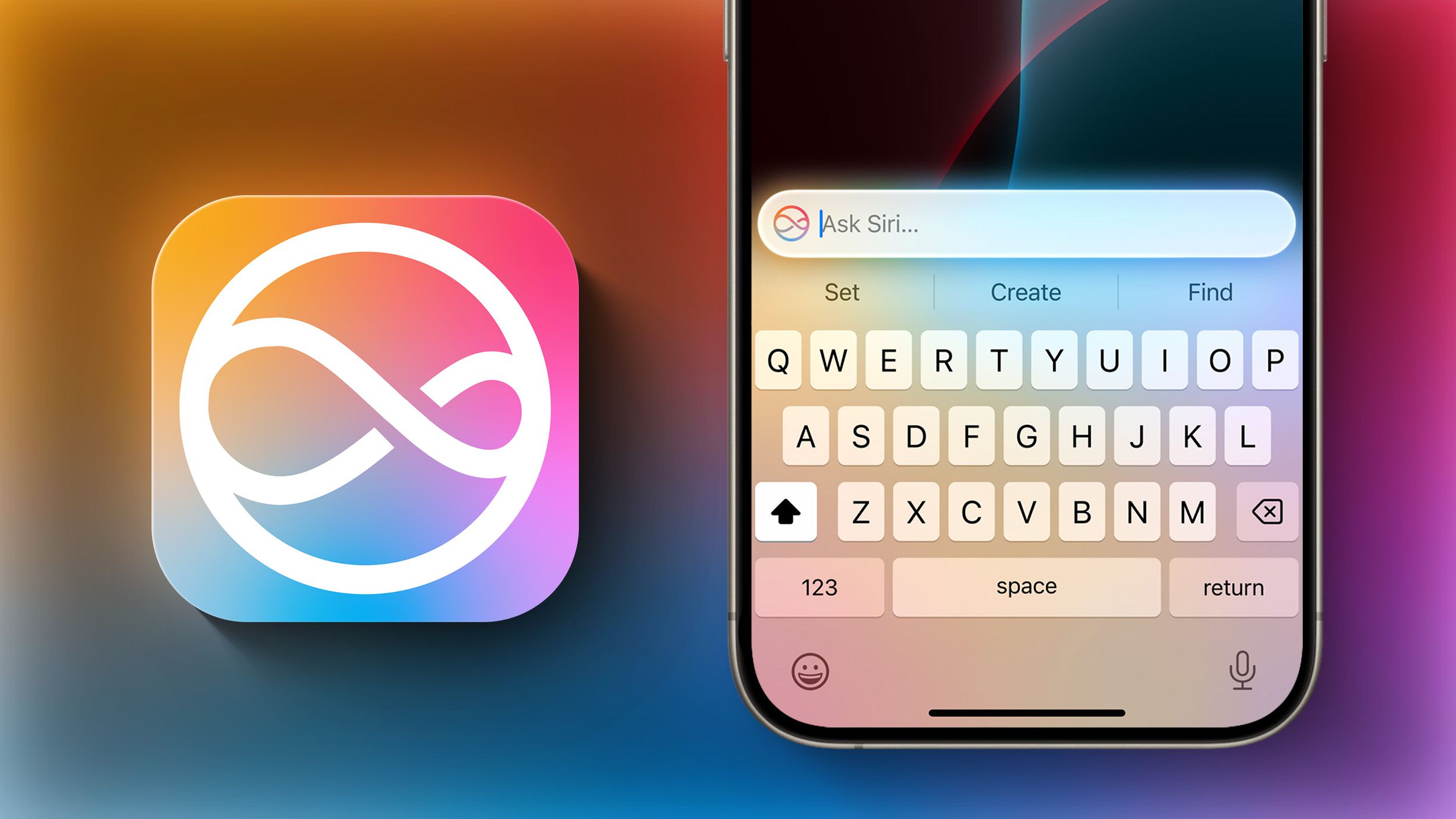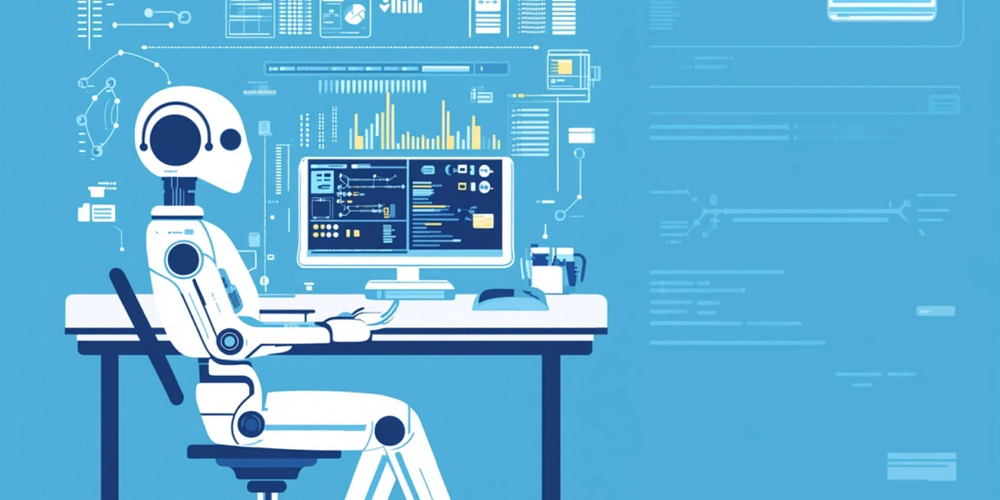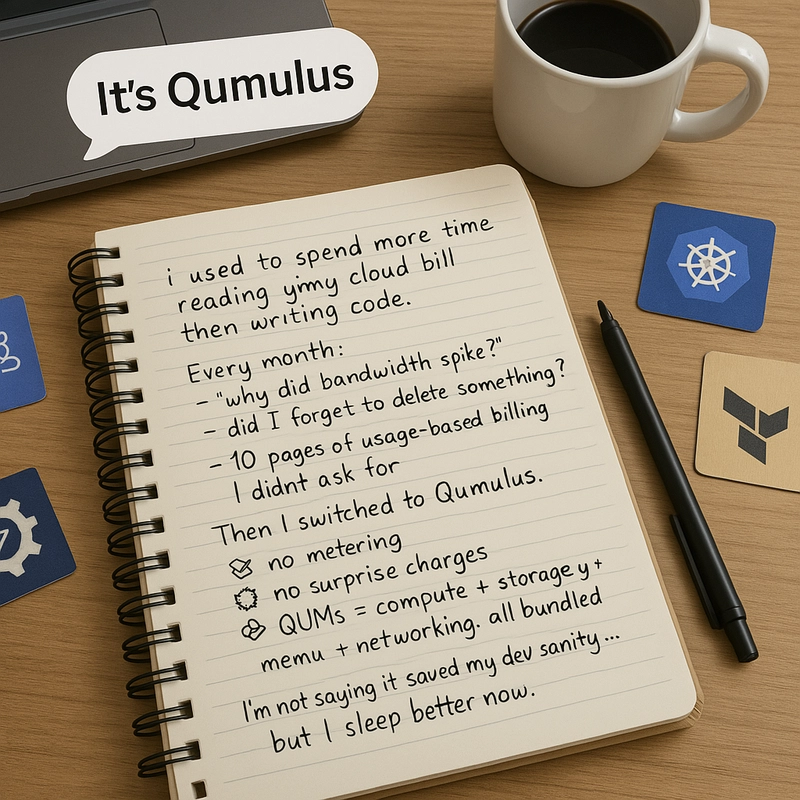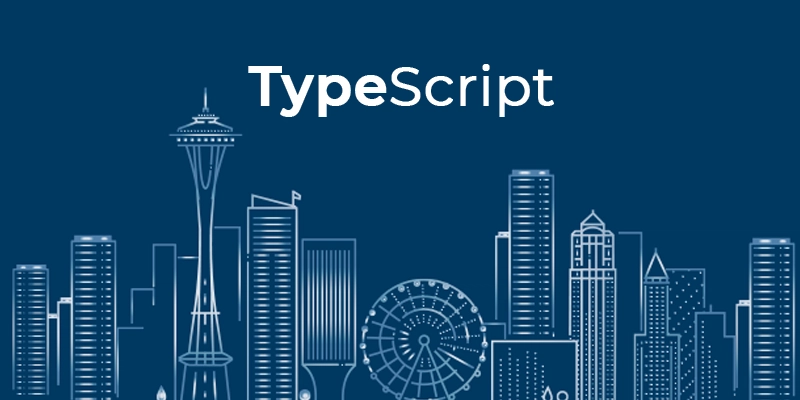The AI Agent Revolution: Are We All Full-Stack Developers Now?
It was impossible to miss the dominant theme at Google Cloud Next ‘25: AI Agents. Seeing the sheer focus on agents, coupled with practical integrations like GitLab's recent release of GitLab Duo leveraging Amazon Q, has solidified a thought I've had: the traditional lines between developer specializations are blurring very quickly: Are AI Agents effectively turning all developers into full-stack developers? I’m convinced the industry is trending that way. For years, the software development landscape often demanded deep specialization. You were a front-end developer, a back-end developer, a database expert, or a DevOps engineer. Staying current meant constantly learning the ‘programming language du jour.' While that deep expertise certainly hasn't lost its value, the necessity of mastering every layer just to be productive across the stack is decreasing, thanks to AI. I don't necessarily need immediate and intimate knowledge of every framework or configuration nuance to get started or contribute meaningfully across different domains. Why? Here's my take: Because AI and, more specifically, AI Agents are becoming very quick knowledge sources and translators. They can generate boilerplate code in unfamiliar languages, suggest configurations for cloud services I haven't touched before, explain complex legacy systems, and even help debug intricate deployment issues. These agents act as bridges, filling the immediate tech skill gaps and dramatically shortening the learning curve. They empower us to operate effectively across the entire development lifecycle, embodying a new kind of full-stack capability. Now, let's address the skepticism. We can collectively roll our eyes at the notion of AI assistance in development, like "Vibe Coding." And yes, there's a valid concern that over-reliance on AI could potentially stifle foundational learning. However, I believe framing the current shift based on that misses the bigger picture. This isn't about blindly trusting AI to write mission-critical code without oversight. ("Can AI drop a database?") It's about strategic automation. Imagine AI Agents handling unit testing frameworks, managing complex deployment pipelines across multi-cloud environments, securing workloads before they get to production. When AI Agents reliably take care of these crucial, yet often time-consuming and repetitive tasks, it doesn't make developers redundant. It liberates us. Agentic AI-supported development frees up invaluable time and effort for the tasks where human ingenuity truly shines: architectural design, understanding nuanced user requirements, and tackling complex problem-solving. This is the real future of software development: a killer combo of human creativity and AI efficiency. The announcements from Google Cloud Next '25 and the tangible tools emerging in the cloud ecosystem aren't just incremental updates; they signal a fundamental shift. We're moving towards a reality where developers are less defined by the specific tools they've mastered and more by their ability to leverage AI to build, deploy, and manage applications holistically. The era of the AI-augmented, full-stack developer isn't just coming – it's already starting to unfold.
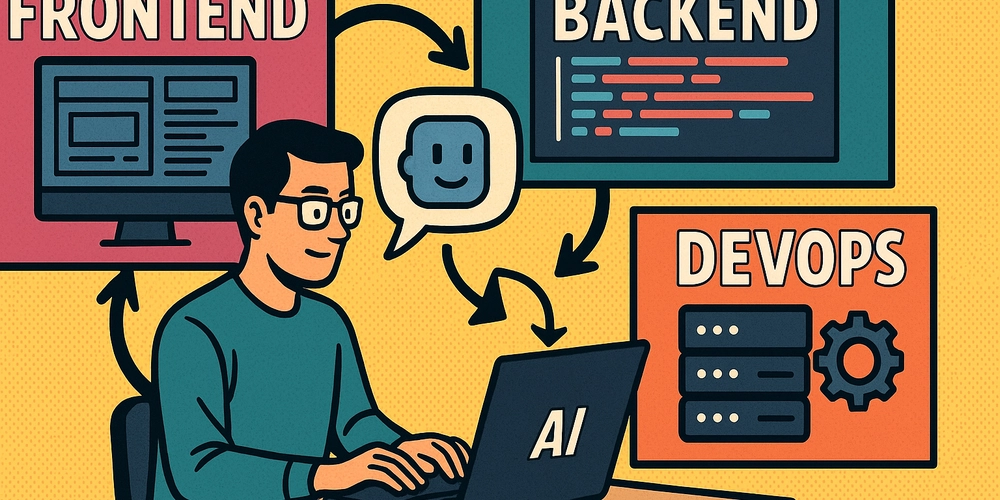
It was impossible to miss the dominant theme at Google Cloud Next ‘25: AI Agents. Seeing the sheer focus on agents, coupled with practical integrations like GitLab's recent release of GitLab Duo leveraging Amazon Q, has solidified a thought I've had: the traditional lines between developer specializations are blurring very quickly:
Are AI Agents effectively turning all developers into full-stack developers?
I’m convinced the industry is trending that way.
For years, the software development landscape often demanded deep specialization. You were a front-end developer, a back-end developer, a database expert, or a DevOps engineer.
Staying current meant constantly learning the ‘programming language du jour.' While that deep expertise certainly hasn't lost its value, the necessity of mastering every layer just to be productive across the stack is decreasing, thanks to AI.
I don't necessarily need immediate and intimate knowledge of every framework or configuration nuance to get started or contribute meaningfully across different domains. Why? Here's my take:
Because AI and, more specifically, AI Agents are becoming very quick knowledge sources and translators.
They can generate boilerplate code in unfamiliar languages, suggest configurations for cloud services I haven't touched before, explain complex legacy systems, and even help debug intricate deployment issues.
These agents act as bridges, filling the immediate tech skill gaps and dramatically shortening the learning curve. They empower us to operate effectively across the entire development lifecycle, embodying a new kind of full-stack capability.
Now, let's address the skepticism. We can collectively roll our eyes at the notion of AI assistance in development, like "Vibe Coding." And yes, there's a valid concern that over-reliance on AI could potentially stifle foundational learning. However, I believe framing the current shift based on that misses the bigger picture.
This isn't about blindly trusting AI to write mission-critical code without oversight. ("Can AI drop a database?") It's about strategic automation. Imagine AI Agents handling unit testing frameworks, managing complex deployment pipelines across multi-cloud environments, securing workloads before they get to production.
When AI Agents reliably take care of these crucial, yet often time-consuming and repetitive tasks, it doesn't make developers redundant. It liberates us.
Agentic AI-supported development frees up invaluable time and effort for the tasks where human ingenuity truly shines: architectural design, understanding nuanced user requirements, and tackling complex problem-solving. This is the real future of software development: a killer combo of human creativity and AI efficiency.
The announcements from Google Cloud Next '25 and the tangible tools emerging in the cloud ecosystem aren't just incremental updates; they signal a fundamental shift.
We're moving towards a reality where developers are less defined by the specific tools they've mastered and more by their ability to leverage AI to build, deploy, and manage applications holistically.
The era of the AI-augmented, full-stack developer isn't just coming – it's already starting to unfold.
















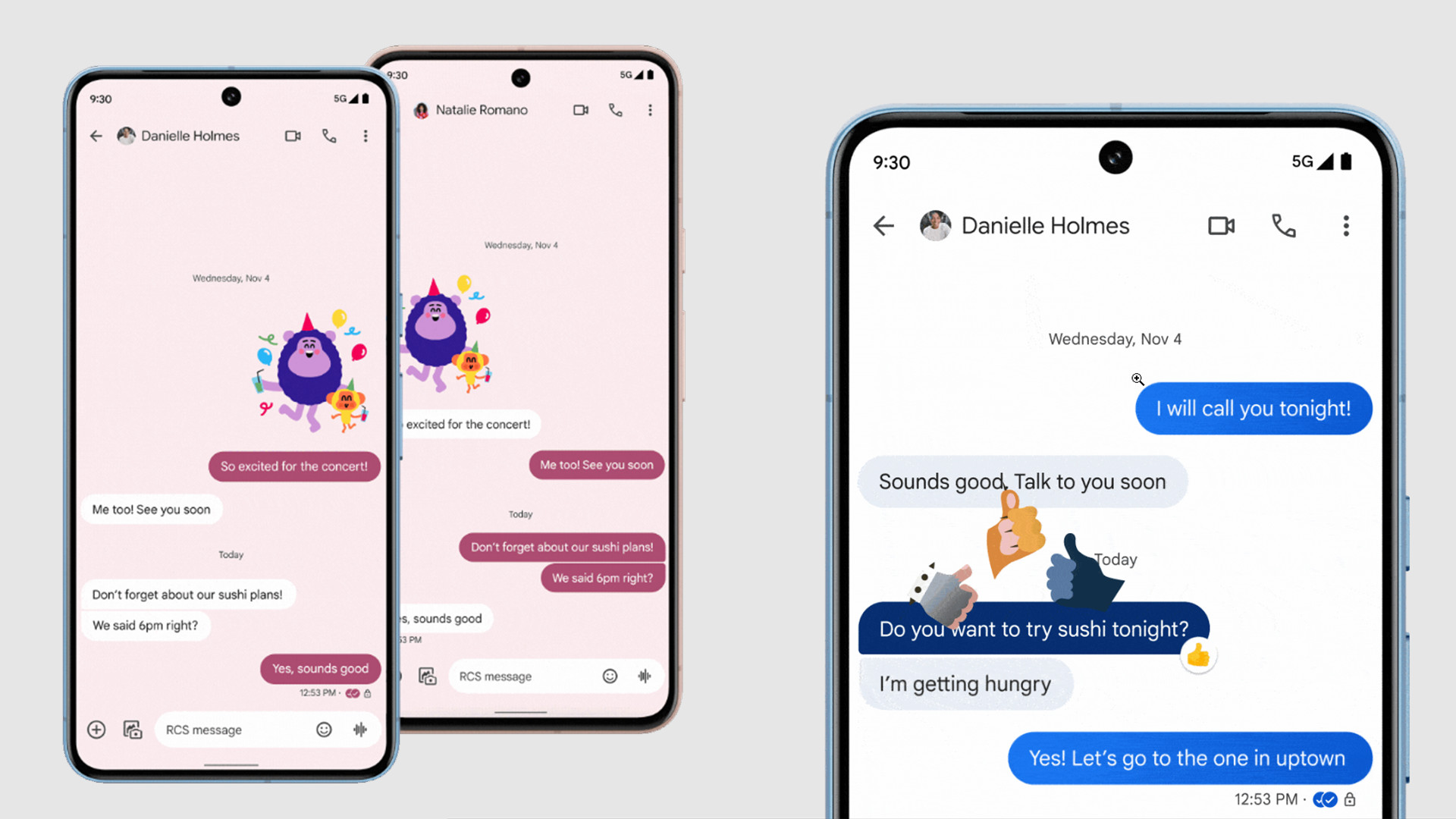
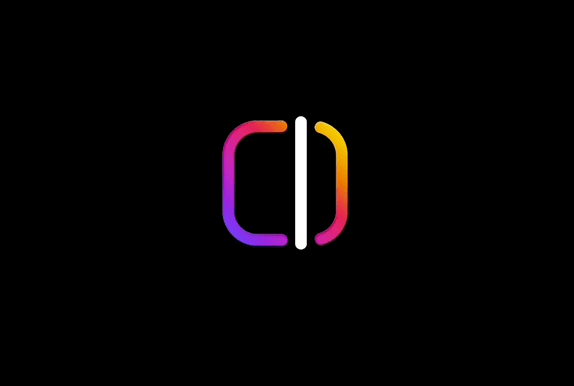

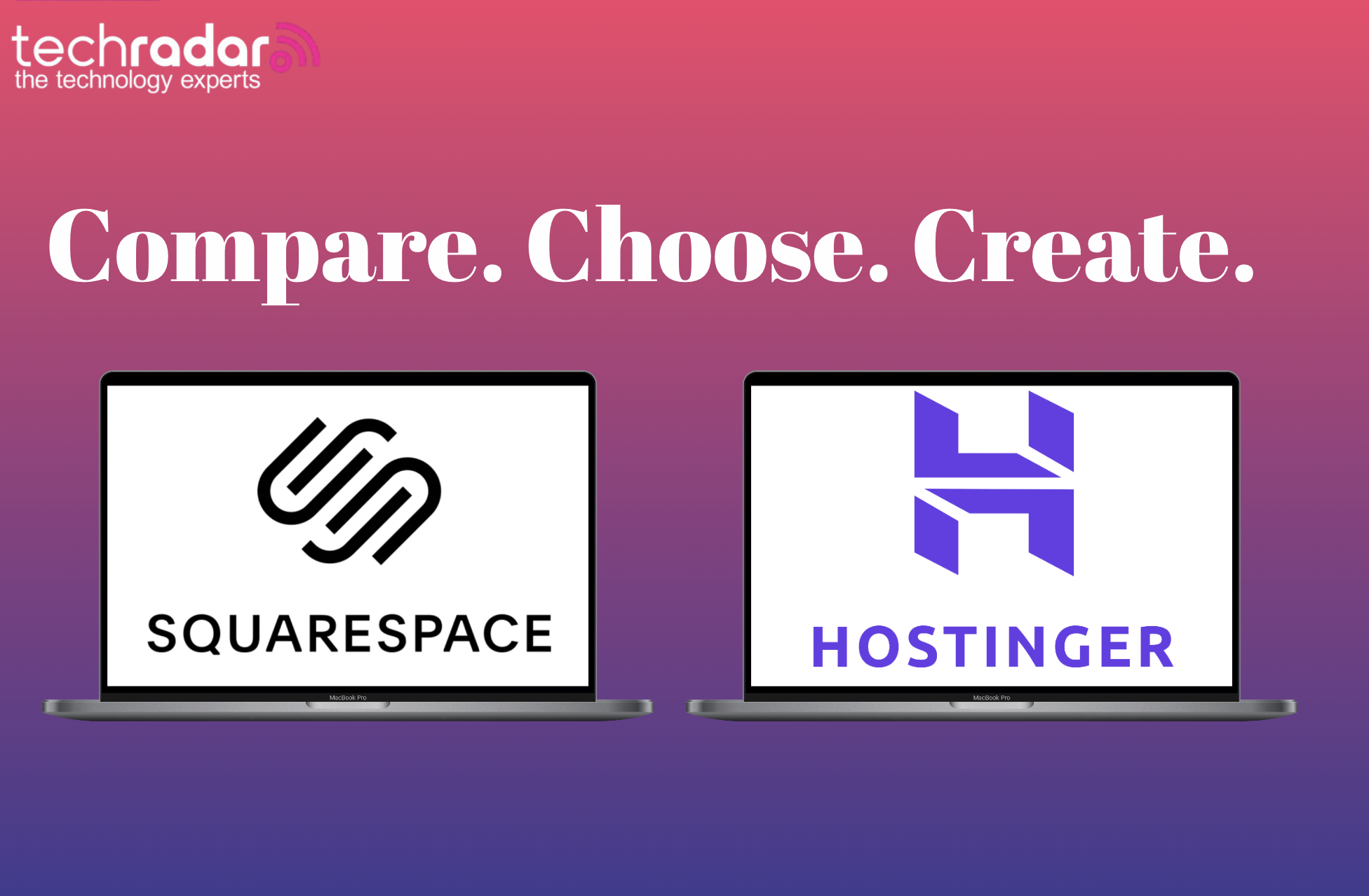


































.jpg)





















































































































![[The AI Show Episode 144]: ChatGPT’s New Memory, Shopify CEO’s Leaked “AI First” Memo, Google Cloud Next Releases, o3 and o4-mini Coming Soon & Llama 4’s Rocky Launch](https://www.marketingaiinstitute.com/hubfs/ep%20144%20cover.png)










































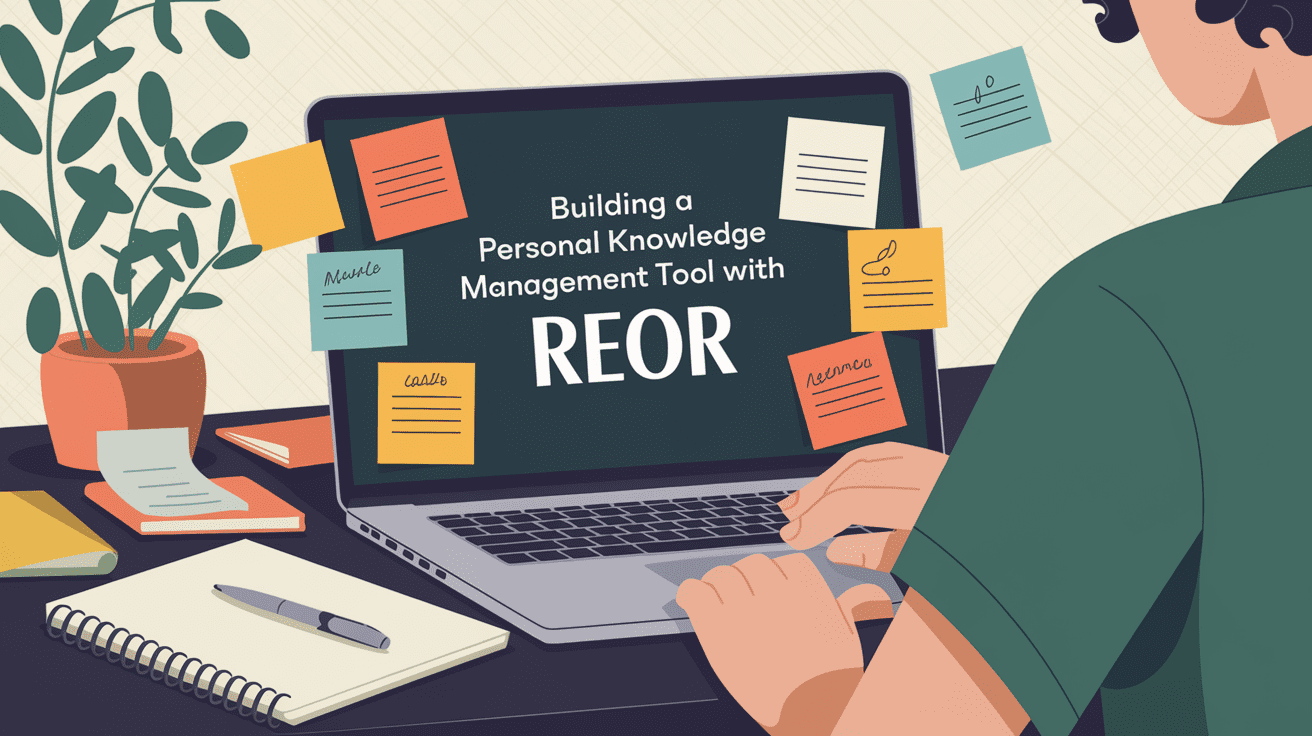







































































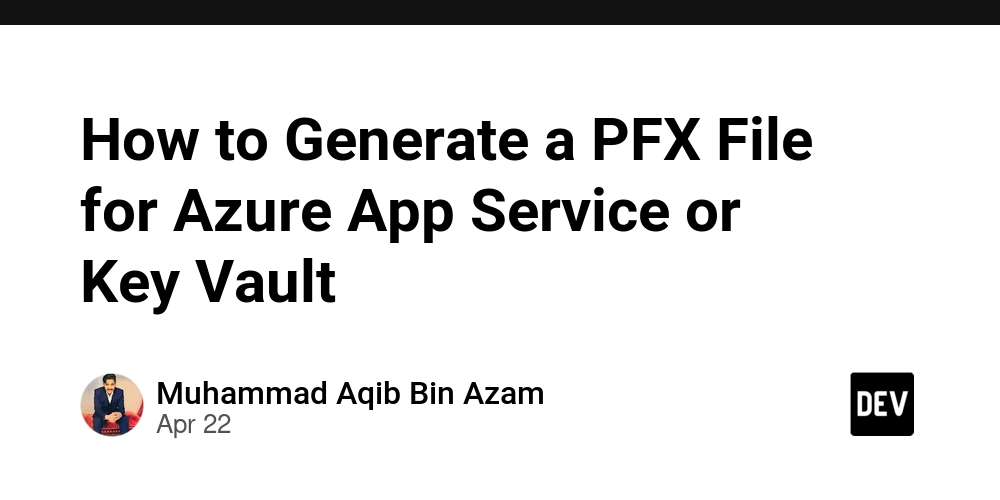





































![BPMN-procesmodellering [closed]](https://i.sstatic.net/l7l8q49F.png)






































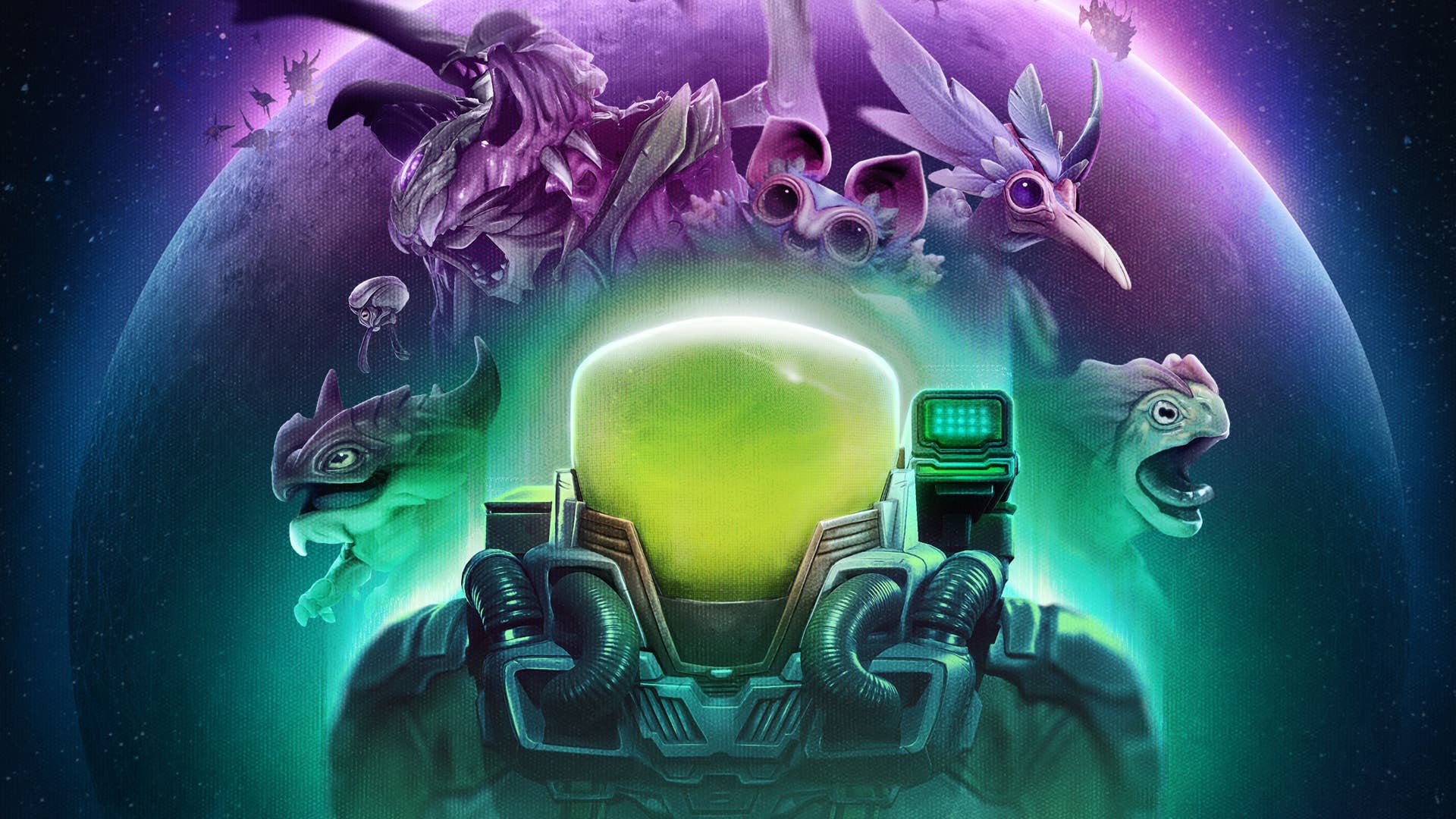




























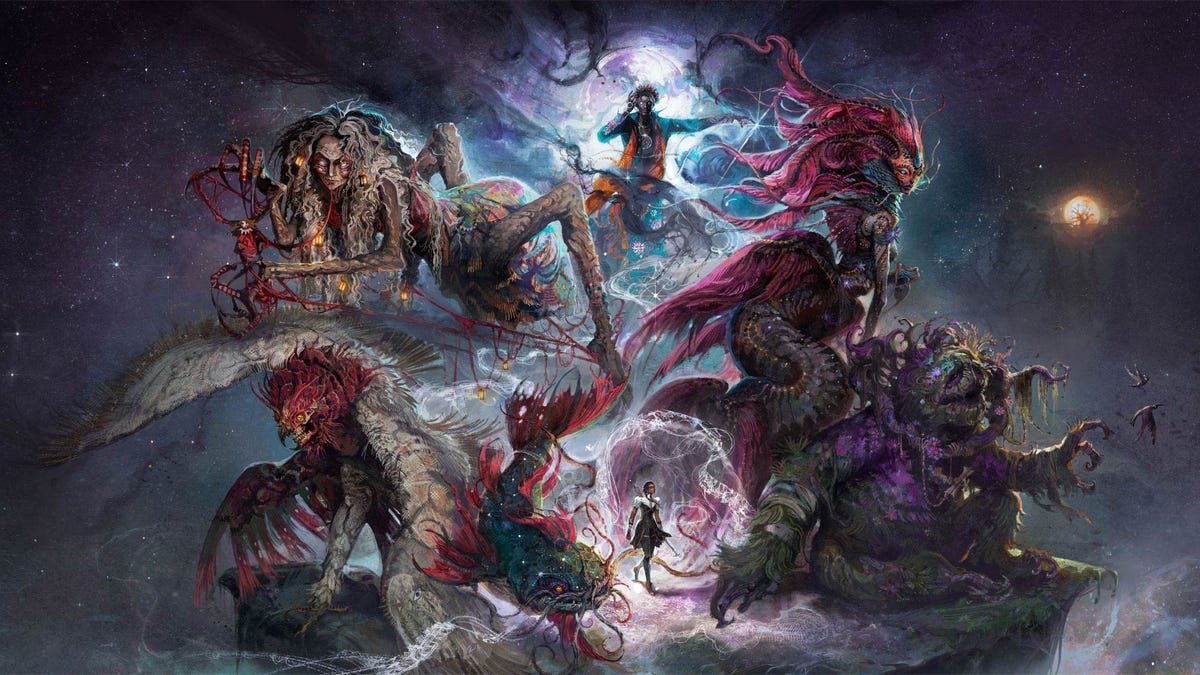

















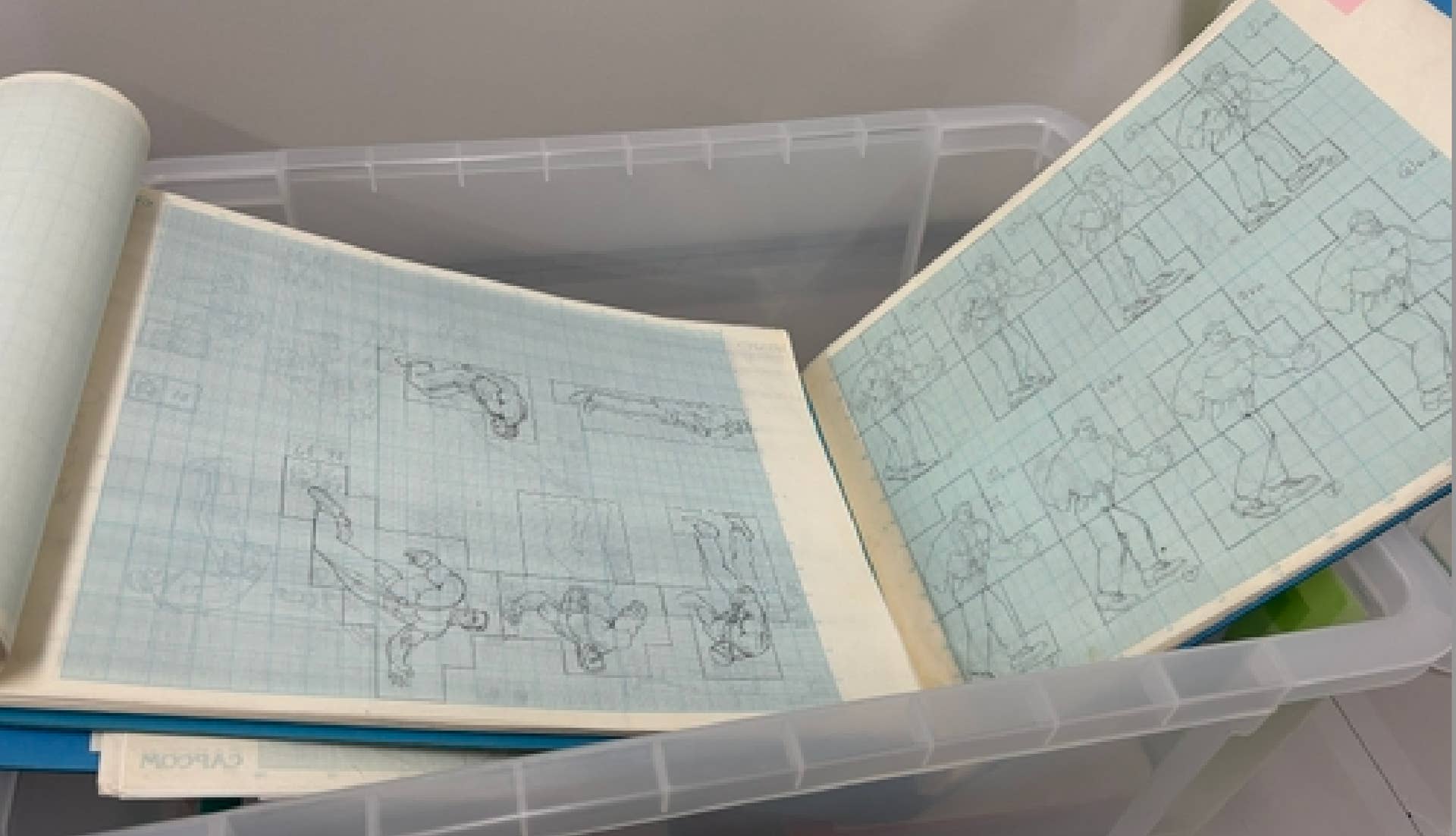



-All-will-be-revealed-00-35-05.png?width=1920&height=1920&fit=bounds&quality=70&format=jpg&auto=webp#)
-All-will-be-revealed-00-17-36.png?width=1920&height=1920&fit=bounds&quality=70&format=jpg&auto=webp#)
-Jack-Black---Steve's-Lava-Chicken-(Official-Music-Video)-A-Minecraft-Movie-Soundtrack-WaterTower-00-00-32_lMoQ1fI.png?width=1920&height=1920&fit=bounds&quality=70&format=jpg&auto=webp#)

























_Weyo_alamy.png?width=1280&auto=webp&quality=80&disable=upscale#)






















































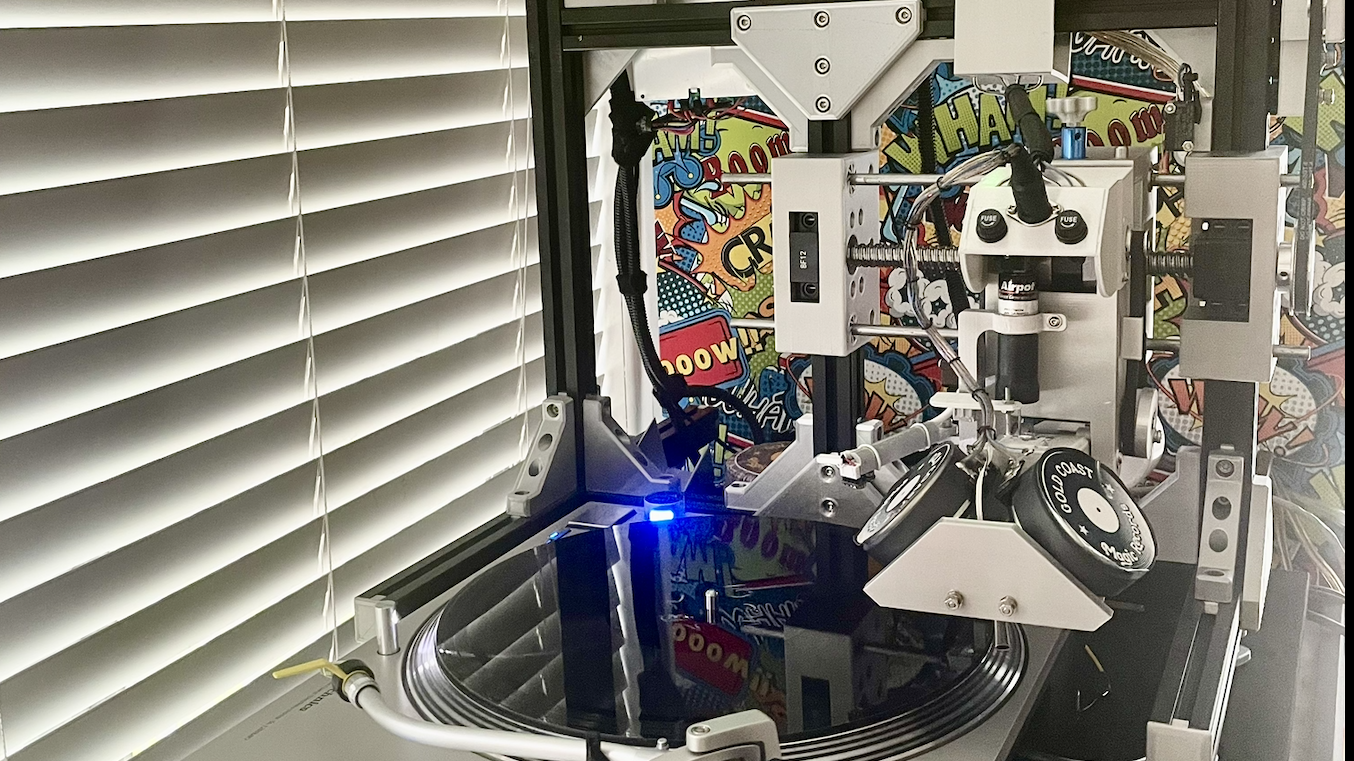




























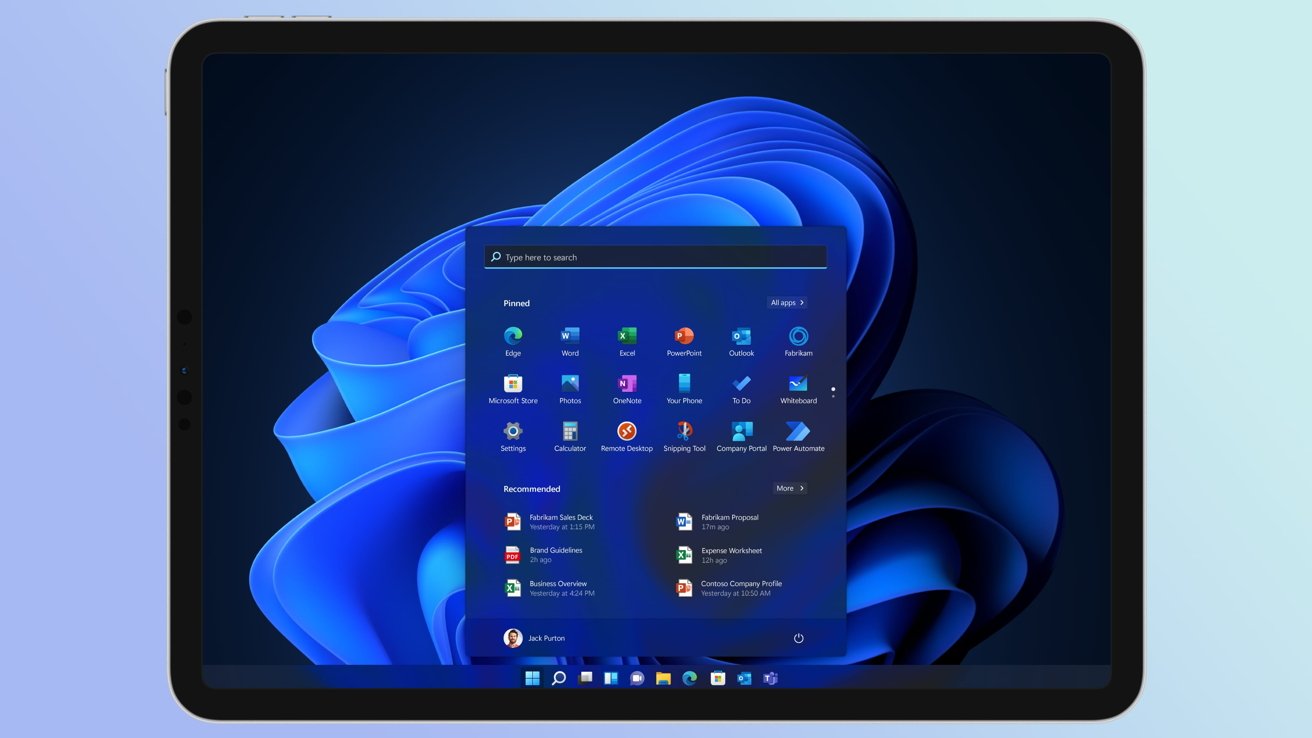


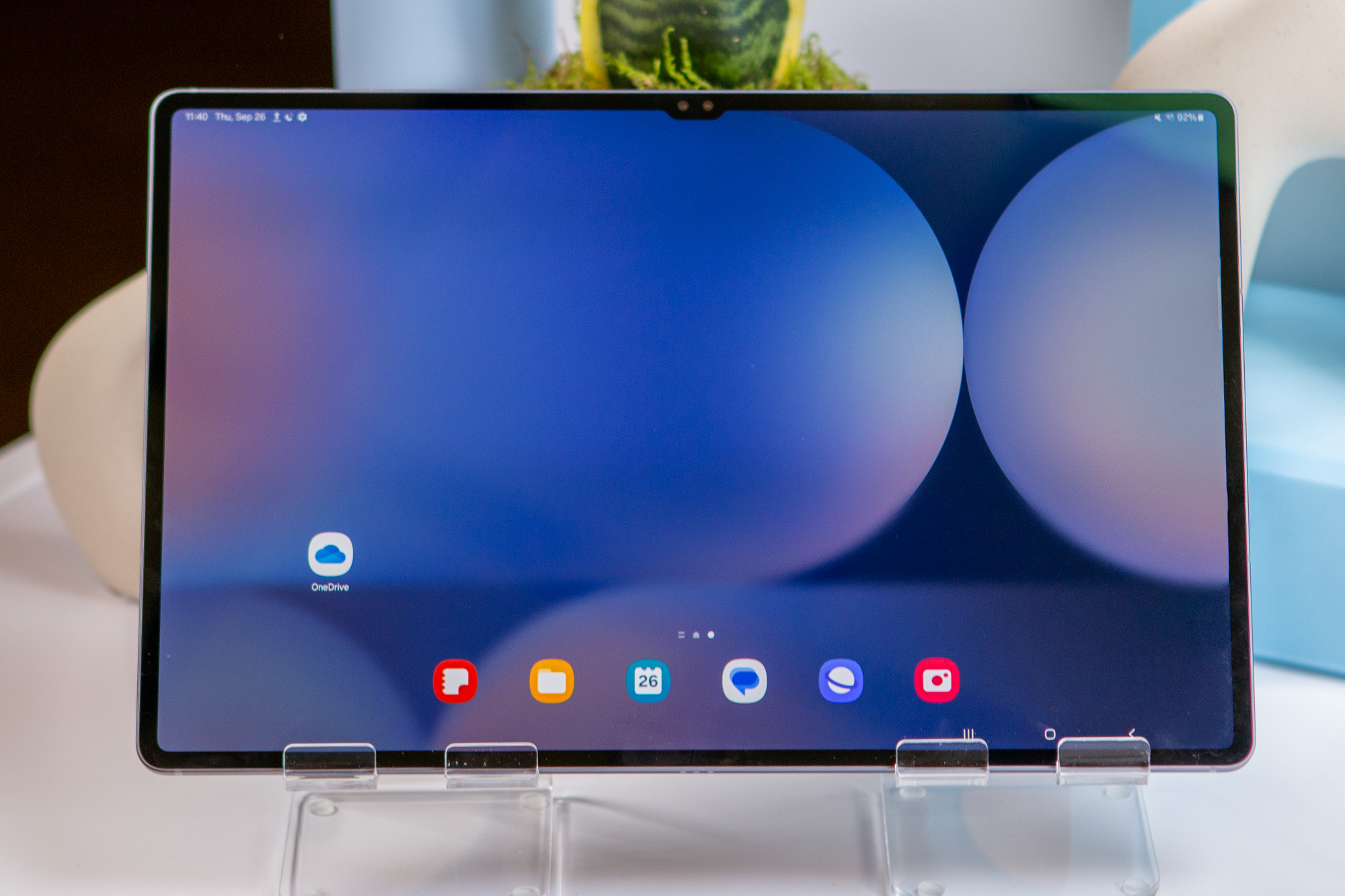




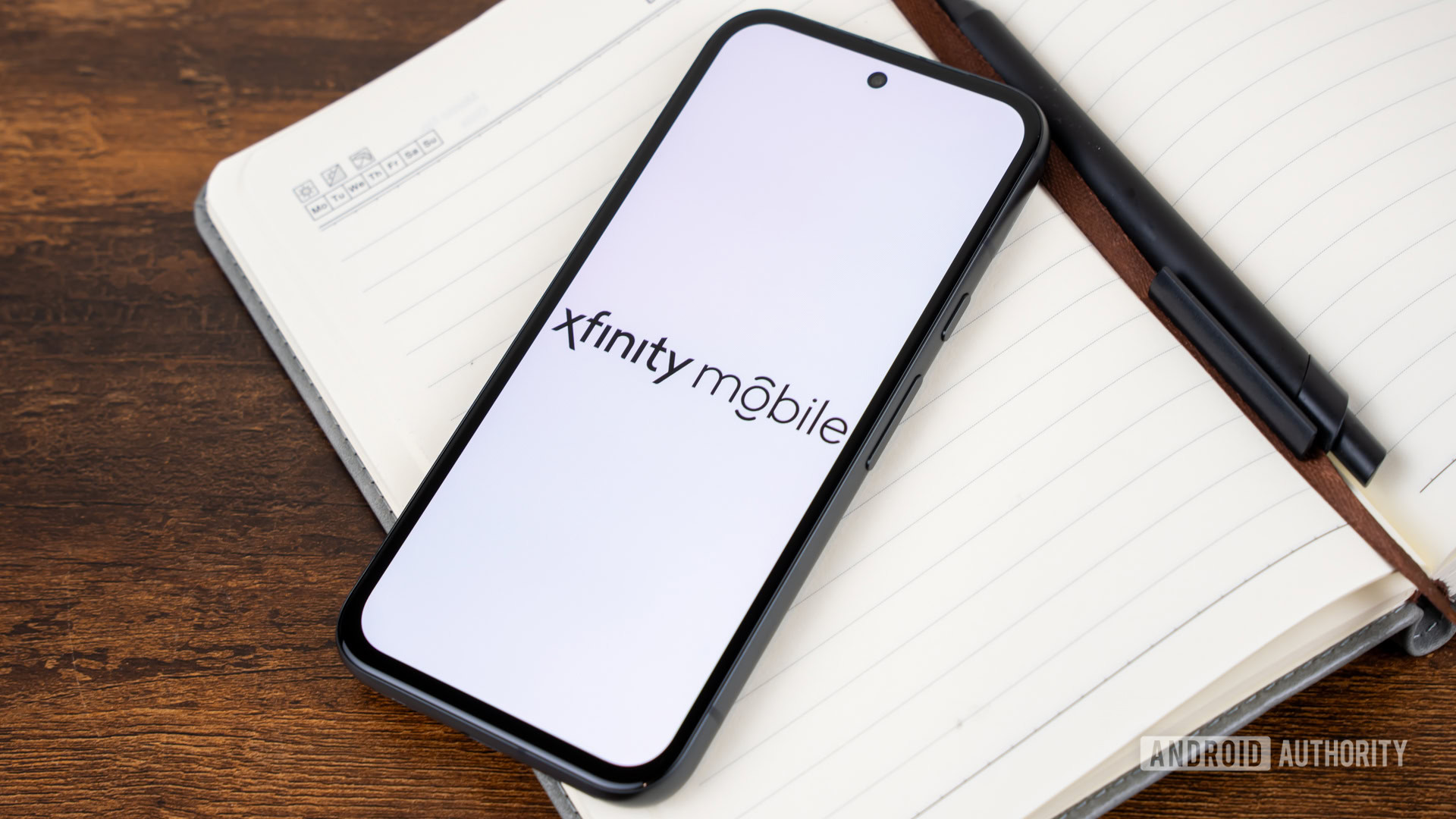
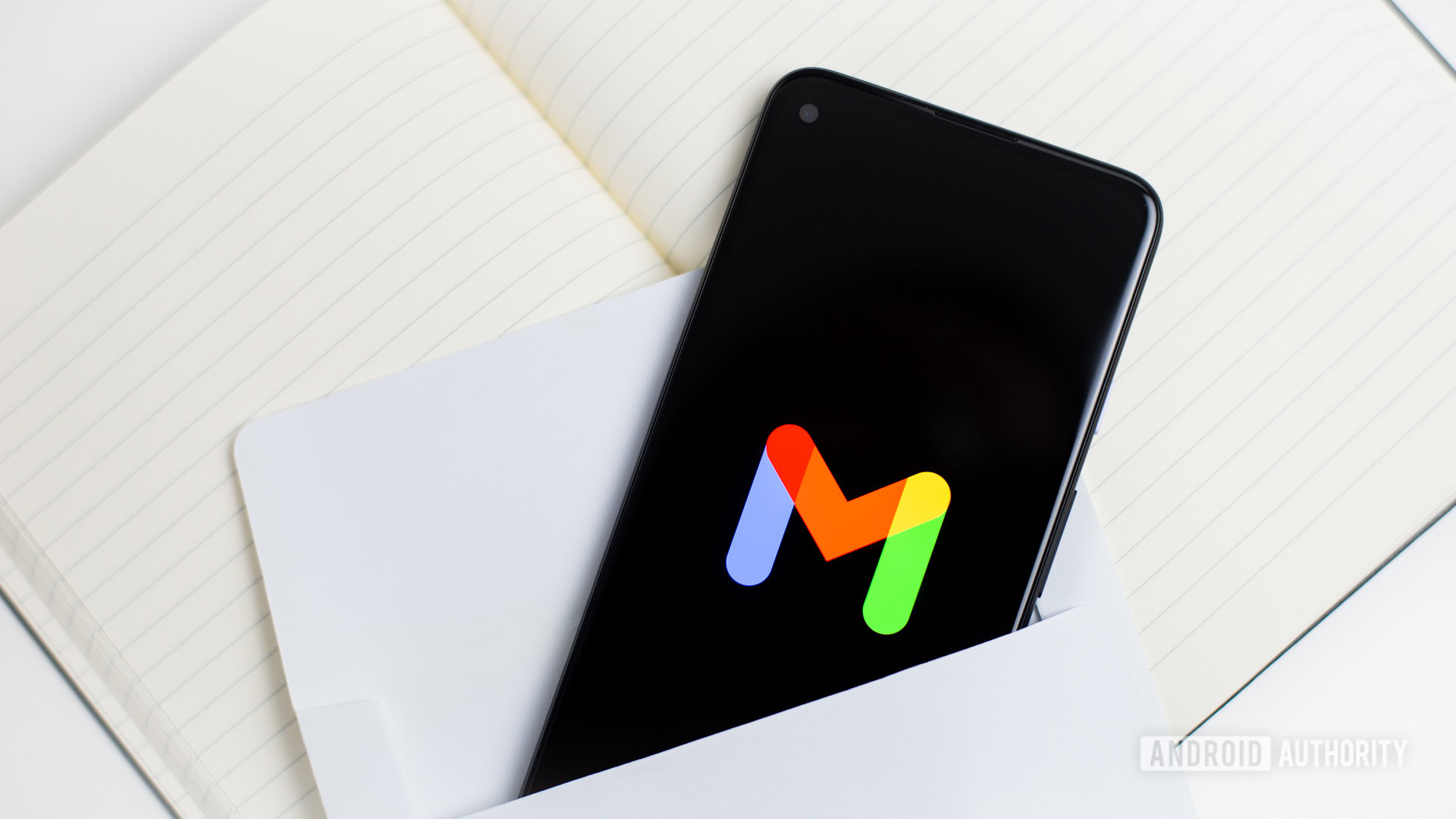

![What iPhone 17 model are you most excited to see? [Poll]](https://9to5mac.com/wp-content/uploads/sites/6/2025/04/iphone-17-pro-sky-blue.jpg?quality=82&strip=all&w=290&h=145&crop=1)

















![Hands-On With 'iPhone 17 Air' Dummy Reveals 'Scary Thin' Design [Video]](https://www.iclarified.com/images/news/97100/97100/97100-640.jpg)
![Mike Rockwell is Overhauling Siri's Leadership Team [Report]](https://www.iclarified.com/images/news/97096/97096/97096-640.jpg)
![Instagram Releases 'Edits' Video Creation App [Download]](https://www.iclarified.com/images/news/97097/97097/97097-640.jpg)
![Inside Netflix's Rebuild of the Amsterdam Apple Store for 'iHostage' [Video]](https://www.iclarified.com/images/news/97095/97095/97095-640.jpg)


















